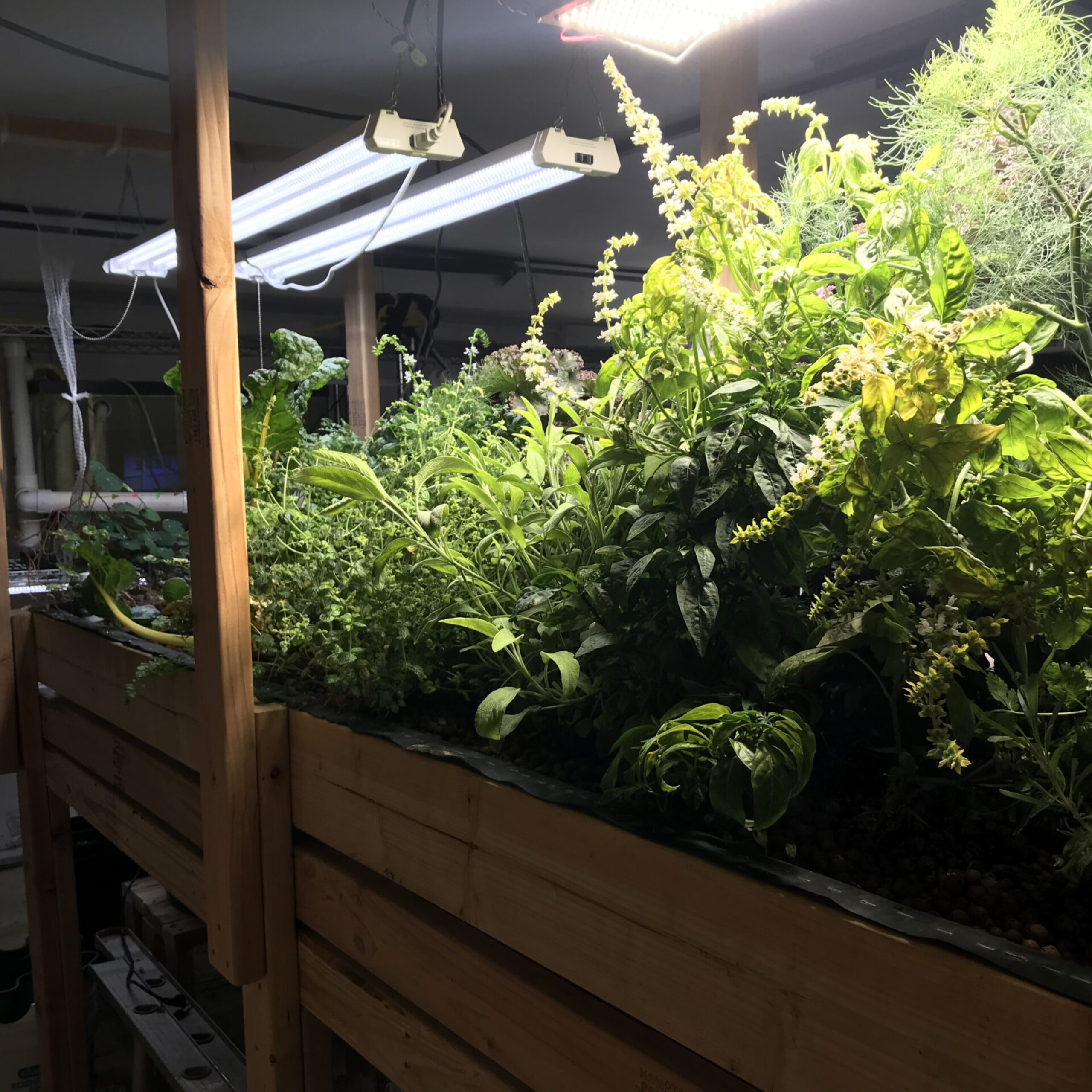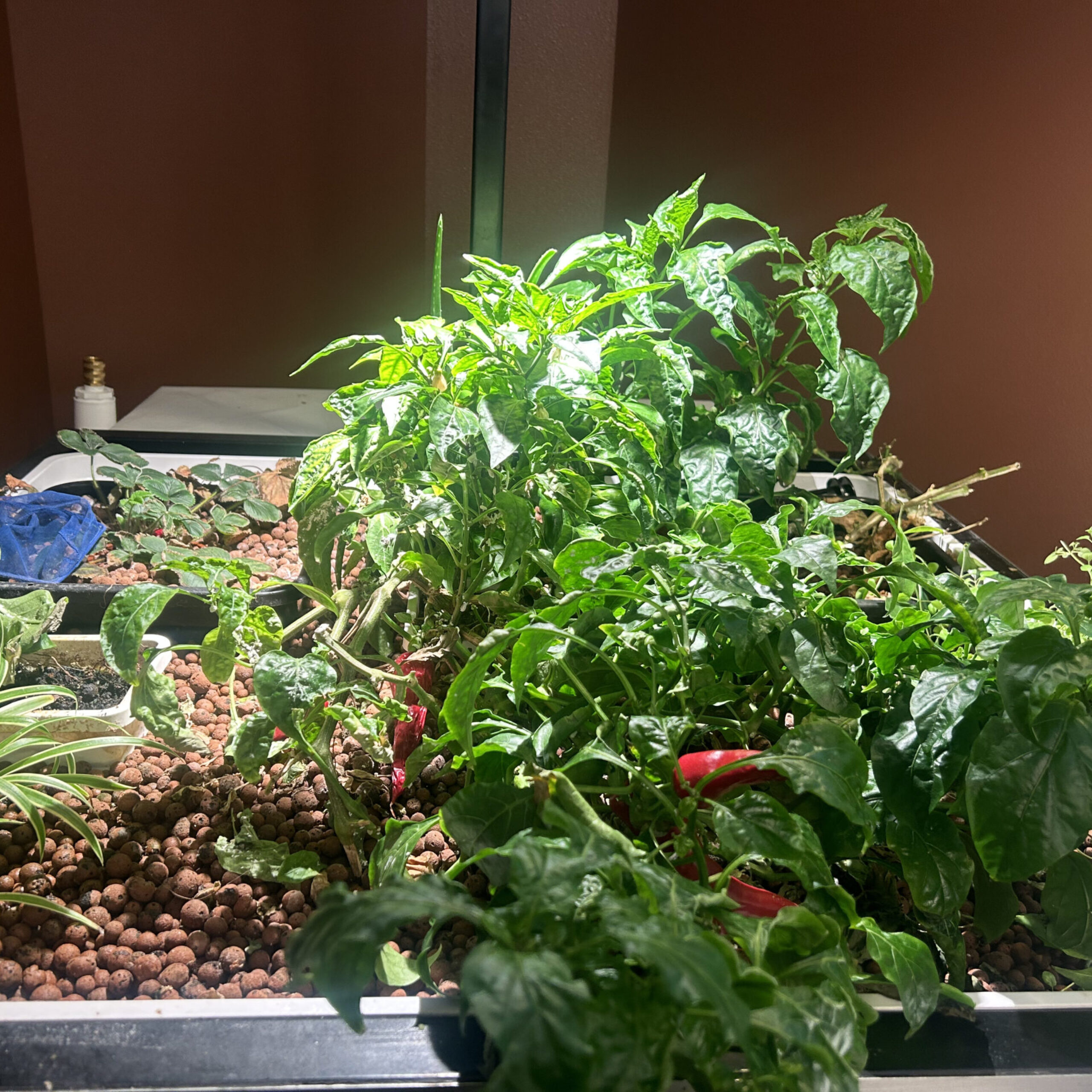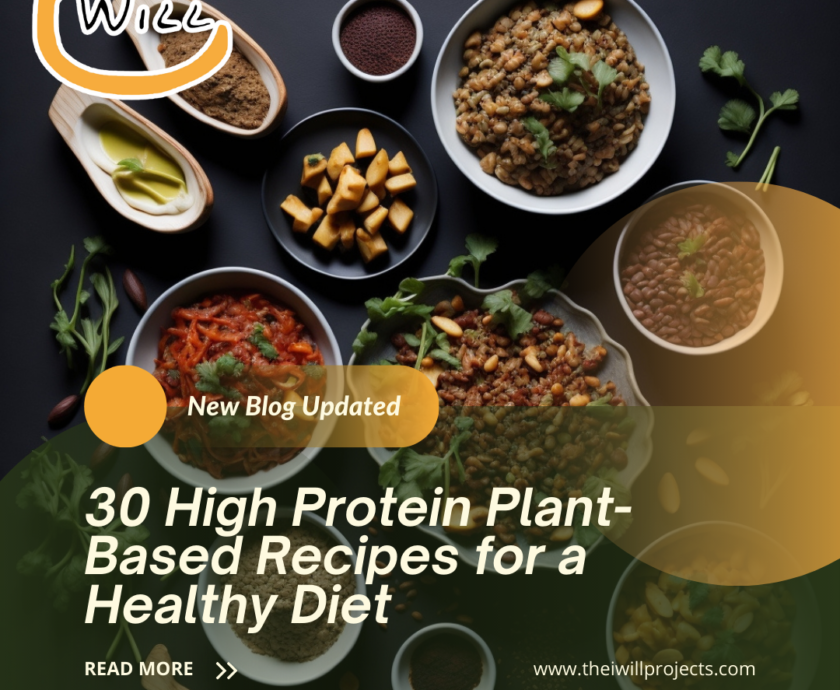“The future of nutrition is found in the garden, not in the pharmacy.” – Dr. Michael Greger
TweetTable of contents
- Introduction
- The Health Benefits Unveiled
- A Gift to the Environment
- Economic Advantages for Everyone
- Ethical Considerations That Matter
- The Influence of Global Cuisines
- The Role in Chronic Disease Management
- A Pathway to Weight Management
- Celebrity Endorsements and Social Media
- Increased Accessibility and Options
- The Culinary Creativity Explosion
- Backed by Science
- Policy and Legislative Support
- Conclusion
- FAQs
Introduction
Amidst the ever-changing landscape of dietary habits, a notable transformation is capturing the spotlight: the ascendancy of plant-based diets.
Far from being a fleeting trend in the vast universe of nutritional shifts, this evolution marks a significant pivot towards a lifestyle that champions health, environmental stewardship, and ethical food choices. But what catalysts are propelling this green wave forward?
Why are increasing numbers of individuals—traditionally meat eaters and consumers of dairy products—turning to the verdant bounty of plant-based foods?
With a spotlight on “Why Plant-Based Diets Are Taking Over,” we delve into the myriad forces propelling this movement. From the allure of a healthy diet and the promise of weight loss to the urgent calls for environmental preservation and moral food consumption, join us as we navigate the complex tapestry of reasons driving the unparalleled surge in plant-based eating.

The Health Benefits Unveiled
One of the most compelling arguments for the adoption of plant-based diets is the vast array of health benefits they offer.
Research has consistently shown that diets rich in fruits, vegetables, legumes, nuts, and whole grains are associated with lower risks of developing major chronic diseases such as heart disease, diabetes, and certain cancers. This protective effect is attributed to the high levels of fiber, vitamins, minerals, and phytochemicals found in plant foods.
Moreover, plant-based diets are generally lower in saturated fat and cholesterol, contributing to better heart health and reduced inflammation.
Think of it this way: by choosing plant-based foods, you’re not just eating to live; you’re living to eat in a way that enhances your health span, turning every meal into an opportunity for nourishment and healing.
A Gift to the Environment
The environmental impact of our food choices has never been more scrutinized, and the verdict is clear: plant-based diets have a significantly lower ecological footprint than diets heavy in animal products.
The production of meat, dairy, and eggs requires vast amounts of land, water, and energy, and is a major contributor to greenhouse gas emissions, deforestation, and biodiversity loss. By contrast, plant-based agriculture is generally more efficient and sustainable, requiring fewer resources and causing less pollution.
In essence, adopting a plant-based diet is akin to voting for a healthier planet with every bite. It’s a tangible way for individuals to combat climate change, preserve natural resources, and foster a more sustainable future.
Economic Advantages for Everyone
There’s a common misconception that eating healthily is inherently expensive, but plant-based diets can debunk this myth.
When focusing on whole, unprocessed plant foods, such as grains, beans, and seasonal produce, the cost of meals can actually be lower than those centered around meat and dairy. This economic efficiency extends beyond personal savings, impacting the broader economy by potentially reducing healthcare costs associated with chronic diseases.
Furthermore, as the demand for plant-based products increases, economies of scale can make these foods even more accessible and affordable to the general population.
Ethical Considerations That Matter
For a growing number of people, embracing plant-based diets transcends the usual motives of health and environmental concerns—it delves deep into matters of ethics.
The welfare of animals within the food production realm is being closely examined, casting a spotlight on the moral dilemmas tied to consuming animal foods. This ethical awakening is prompting meat eaters and others alike to question their dietary choices.
Opting for plant-based alternatives offers a meaningful way to protest against the injustices of animal cruelty and the harsh realities of factory farming. It’s a significant stride towards fostering a food system that values compassion and ethics.
Why Plant-Based Diets Are Taking Over isn’t just about the tangible benefits; it’s about aligning our eating practices with our core values, thus infusing our diet with a sense of integrity and purpose.
The Influence of Global Cuisines
Plant-based diets are far from monotonous; in fact, they open up a world of culinary diversity.
Many of the world’s cuisines are rich in plant-based dishes, offering a delicious array of flavors, textures, and nutrients. From the vibrant vegetable curries of India to the hearty bean stews of Africa, international cuisines provide endless inspiration for plant-based cooking.
This global gastronomy not only enriches our diets but also fosters a greater appreciation for the cultural significance of food, making the transition to plant-based eating an adventure in flavor and tradition.
The Role in Chronic Disease Management
The ability of plant-based diets to prevent and manage chronic diseases is perhaps one of their most transformative aspects.
Numerous studies have demonstrated that a diet high in plant foods and low in animal products can help control blood sugar, improve cholesterol levels, and reduce blood pressure.
For individuals struggling with conditions like diabetes, heart disease, and obesity, adopting a plant-based diet can be a life-changing intervention, offering a path to better health without reliance on medication. It’s a proactive approach to wellness that empowers individuals to take control of their health destiny.
A Pathway to Weight Management
Weight management is a challenge for many, but plant-based diets offer a promising solution.
High in fiber and nutrients yet low in calories, plant foods can help people feel fuller for longer, reducing the likelihood of overeating. This natural appetite regulation facilitates weight loss and maintenance without the need for restrictive dieting, making it a sustainable and enjoyable approach to achieving and maintaining a healthy weight.
Celebrity Endorsements and Social Media
The influence of celebrities and social media cannot be underestimated in the rise of plant-based diets.
High-profile endorsements from athletes, actors, and influencers have played a significant role in bringing plant-based eating into the mainstream. These public figures not only raise awareness but also help to dispel myths about plant-based diets lacking in protein or vitality, showcasing the health and performance benefits they’re experiencing firsthand.
Social media platforms are also teeming with plant-based recipes, tips, and communities, providing support and inspiration for those looking to make the transition.
Increased Accessibility and Options
One of the most significant factors in the rise of plant-based diets is the increased accessibility of plant-based foods.
Supermarkets, restaurants, and cafes are expanding their vegetarian and vegan options, making it easier than ever to choose plant-based meals. This growing availability reflects a shift in consumer demand and is a key driver in the mainstream acceptance of plant-based diets.
Whether you’re dining out or cooking at home, finding delicious plant-based options has never been more straightforward.
The Culinary Creativity Explosion
The surge in culinary innovation marks a thrilling chapter in the plant-based movement, breathing new life into vegan diets and vegetarian cuisine.
Both professional chefs and amateur kitchen enthusiasts are delving into the rich palette of plant-based ingredients, crafting inventive and mouthwatering creations that redefine conventional views of vegan and vegetarian diets. This exploration spans from high-end vegan restaurants presenting plant-based meat alternatives to imaginative dishes whipped up in the comfort of home kitchens.
The boundless opportunities presented by this culinary renaissance do more than just enhance the allure of plant-based eating; they underscore the incredible adaptability and potential of plant-based foods to revolutionize how we perceive and enjoy food.
Backed by Science
The surge in plant-based diets is not just a trend; it’s a movement backed by a growing body of scientific research.
Studies consistently support the health benefits of consuming more plant-based foods and less animal products, highlighting their role in disease prevention, longevity, and overall well-being.
This scientific endorsement gives credibility to the plant-based movement, encouraging more people to consider the evidence and make informed choices about their diets.
Policy and Legislative Support
As awareness of the benefits of plant-based diets grows, some governments and organizations are beginning to offer policy and legislative support.
Dietary guidelines are being updated to reflect the importance of plant-based foods, and initiatives aimed at promoting sustainable eating habits are gaining traction.
This policy support can play a crucial role in encouraging more people to adopt plant-based diets, providing the framework and resources needed to facilitate this dietary shift.

Conclusion
The momentum behind the shift to plant-based, including vegan and vegetarian diets, underscores a broad and powerful range of motivations.
The health outcomes associated with reducing meat intakes in favor of fruits, vegetables, grains, and legumes are significant and beneficial, presenting a strong argument for healthy plant-based diets.
This movement is bolstered by the urgent need for environmental stewardship, as well as the economic benefits and ethical imperatives that discourage reliance on animal-based foods.
With the support of scientific research highlighting the sufficiency of plant-based sources in providing essential amino acids and other nutrients, the trend towards reducing meat consumption shows no sign of abating.
Indeed, the global pivot towards vegan and vegetarian diets, driven by greater access to plant-based options, culinary creativity, and policy initiatives, is a clear signal of why plant-based diets are taking over.
This transition is not merely a dietary trend; it is an evolving societal shift that embodies our collective commitment to health, ecological integrity, and compassionate living.
Adopting a plant-based diet thus emerges not only as a personal health choice but as a critical step towards a sustainable and ethical future for all.
FAQs
What constitutes a plant-based diet?
A plant-based diet primarily consists of foods derived from plants, including vegetables, fruits, grains, nuts, seeds, and legumes, with minimal or no consumption of animal products.
Are plant-based diets nutritionally adequate?
Yes, when planned correctly, plant-based diets can provide all the necessary nutrients for optimal health, including protein, vitamins, and minerals.
Can I build muscle on a plant-based diet?
Absolutely. With adequate intake of plant-based protein sources and a balanced approach to nutrition, building muscle on a plant-based diet is entirely possible.
How does a plant-based diet impact the environment?
Plant-based diets have a lower environmental impact compared to diets high in animal products, reducing greenhouse gas emissions, water usage, and land needed for agriculture.
Is it difficult to switch to a plant-based diet?
While any dietary change requires adjustment, the transition to a plant-based diet has become easier thanks to a wealth of resources, recipes, and increased availability of plant-based foods.
The I Will Projects, a 501c3 Non-Profit, promotes diverse solutions for global challenges. Our IFIZ education programs, emphasizing aquaponics, and insect farming, empower communities through knowledge, collaboration, and sustainable innovation. Learn more here.
Disclaimer: This blog post provides general health and nutritional information. The author is not a medical professional, and the content should not be used as a substitute for professional medical advice, diagnosis, or treatment. Any application of the material provided is at the reader’s discretion and is their sole responsibility. If you have a medical concern or emergency, please consult with a healthcare provider.
References:
https://www.ncbi.nlm.nih.gov/pmc/articles/PMC3662288/
https://www.everydayhealth.com/diet-nutrition/scientific-benefits-following-plant-based-diet/
https://www.sciencedirect.com/science/article/pii/S0002916523048992
https://news.stanford.edu/report/2021/05/06/embracing-plant-based-diet/
https://foodrevolution.org/blog/vegan-statistics-global/
https://www.healthline.com/nutrition/plant-based-diet-guide













